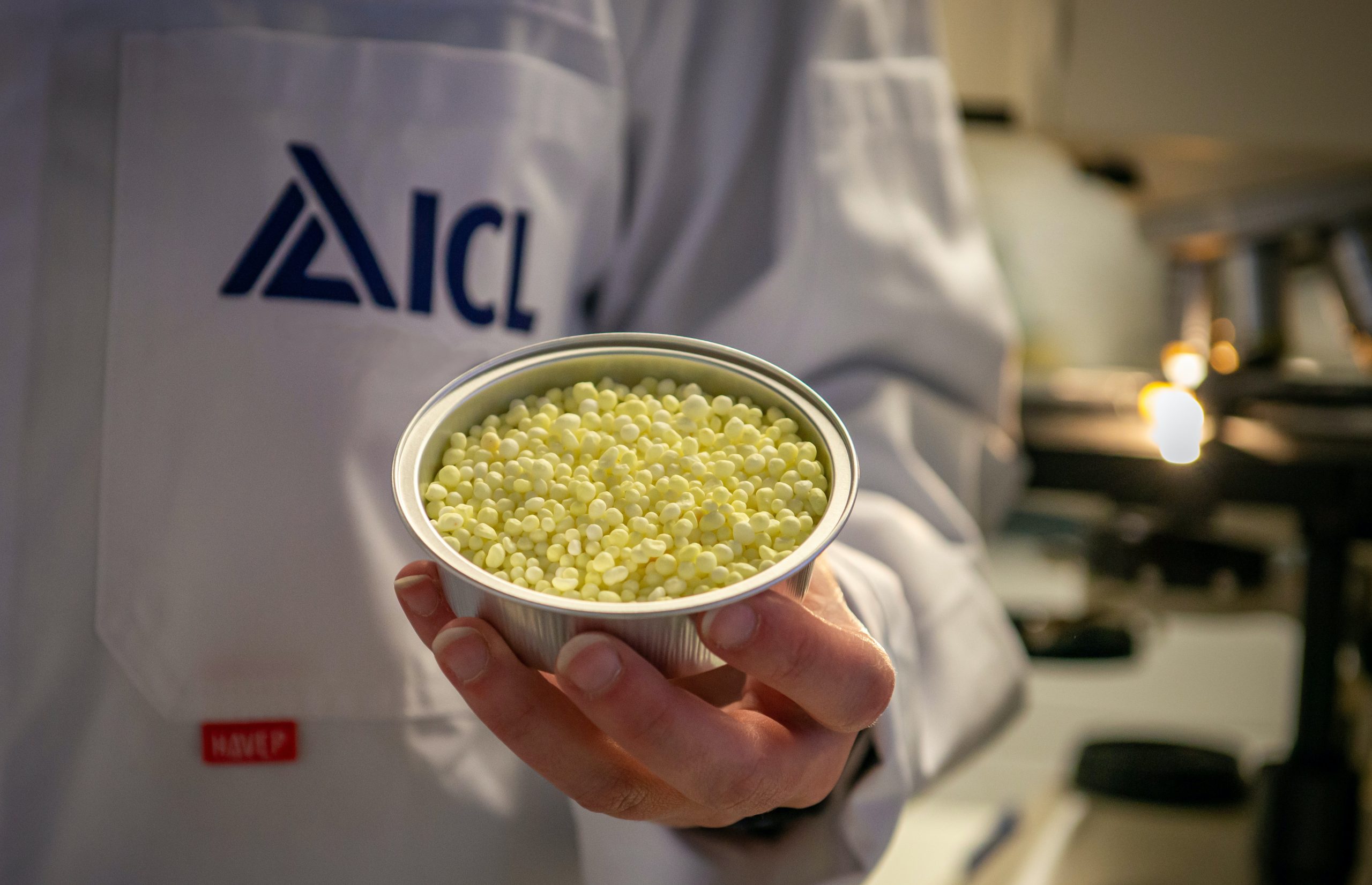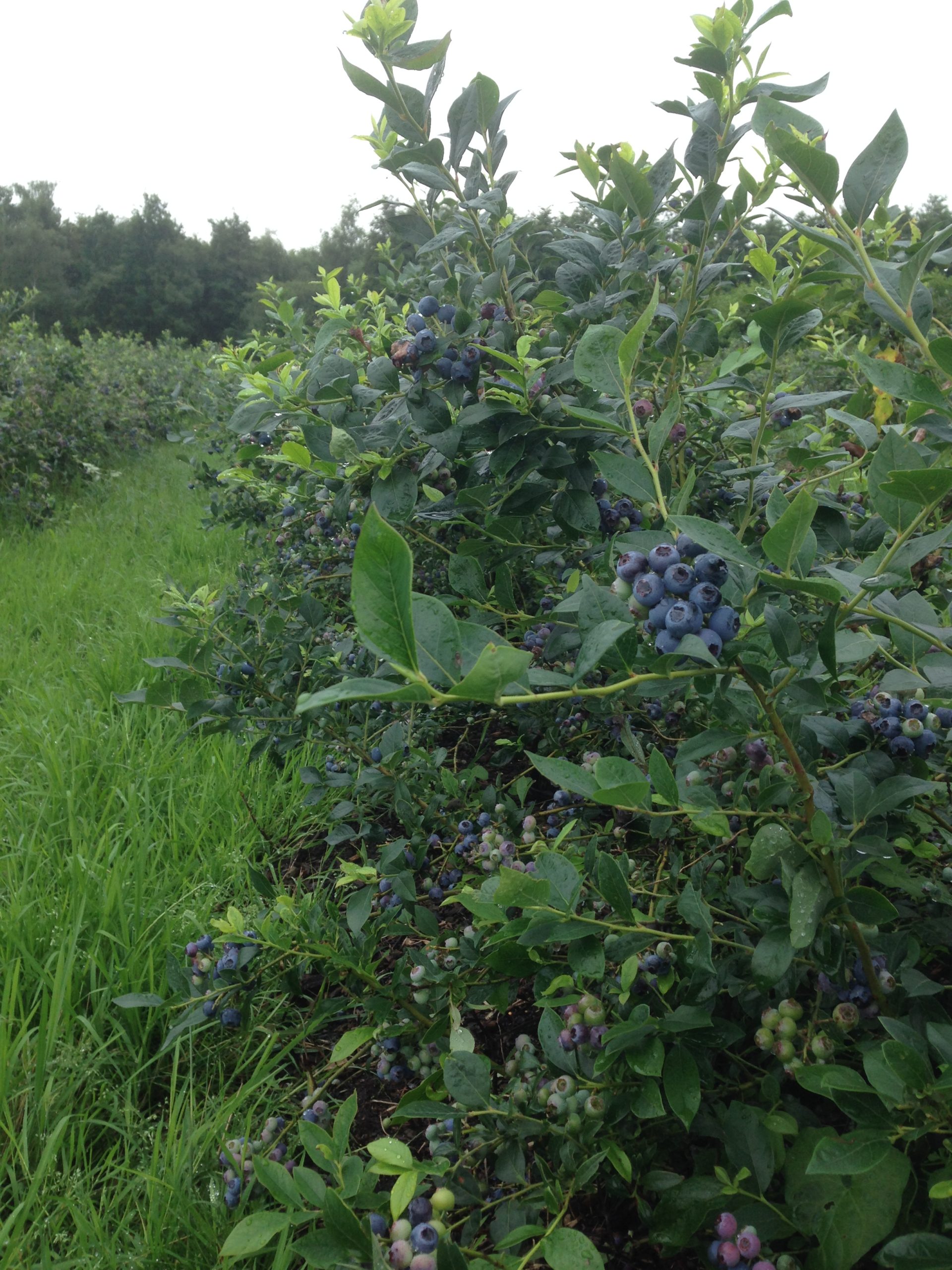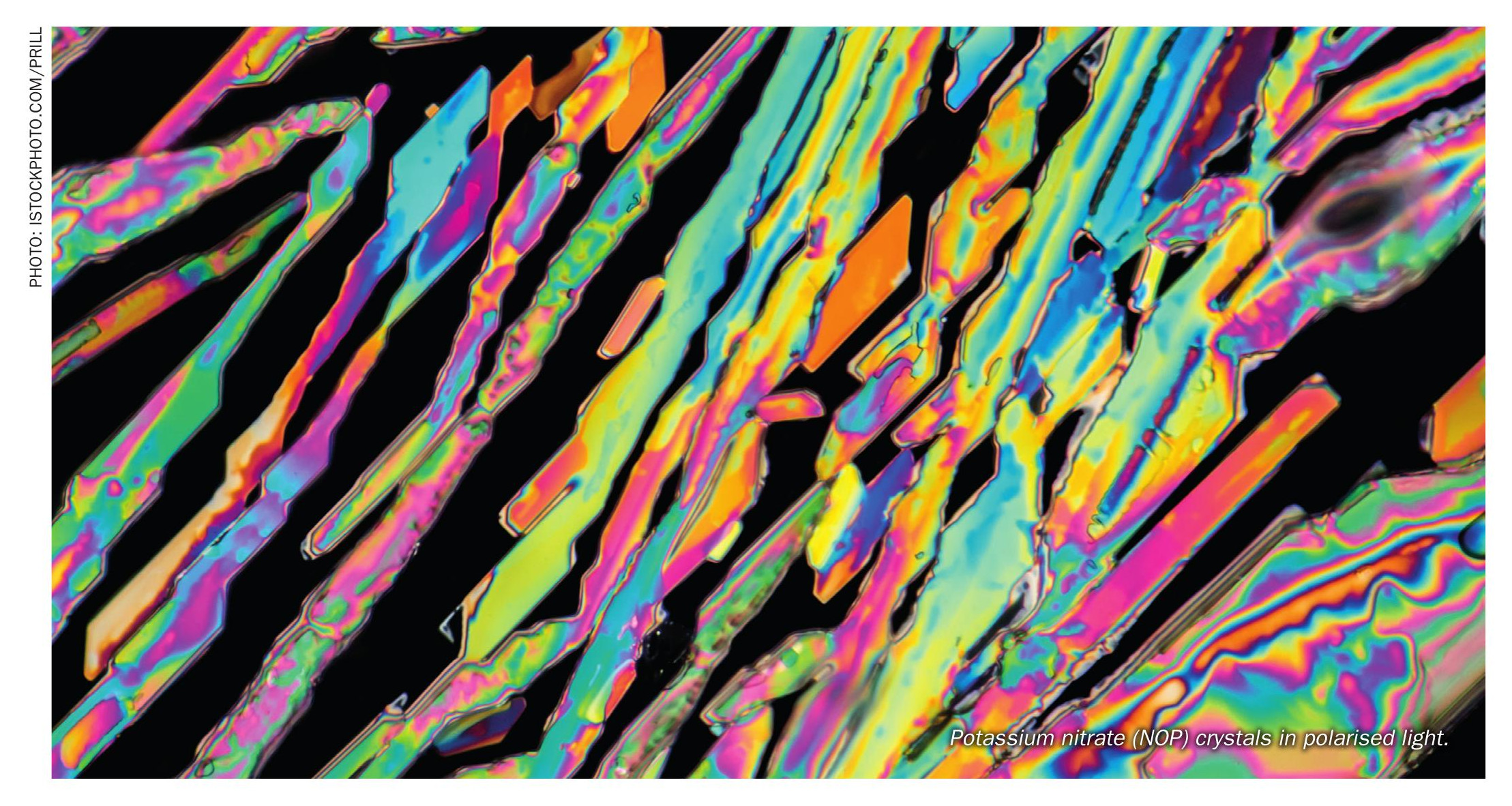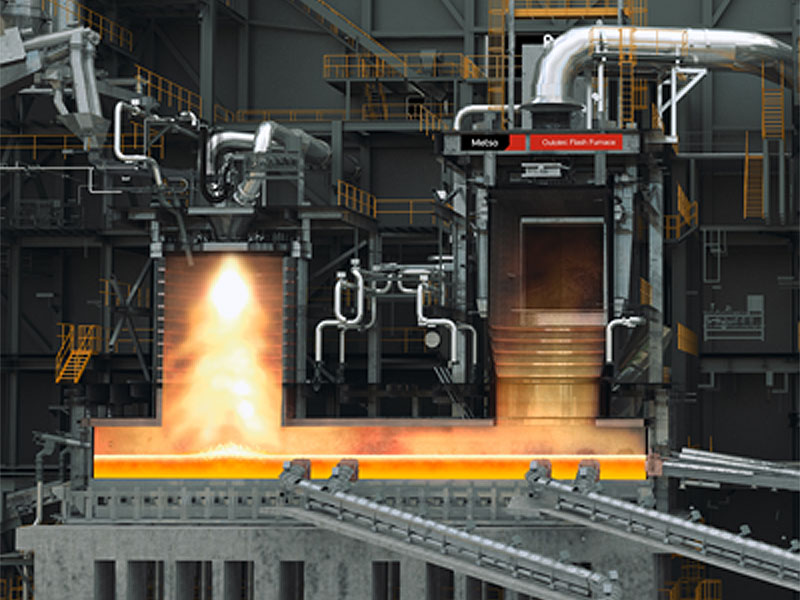Fertilizer International 525 Mar-Apr 2025

18 March 2025
EU targets Russian fertilizer imports with tariffs
The European Commission is proposing to place tariffs on EU fertilizer imports from Russia and Belarus.
The import tariffs, announced ahead of the third anniversary of the start of the Russia-Ukraine conflict, combine percentage-based (ad valorem) and fixed-rate €/t duties. The new tariffs could be imposed on selected fertilizers from the start of July – if backed by a majority of member states in the European Council and MEPs in the European Parliament.
Under the new proposal, adopted by the Commission on 28th January, nitrogen-based fertilizers from both Russia and Belarus would be subject to import tariffs from July onwards. For the initial 12 months these would impose:
• A 6.5% import duty (ad valorem) plus a €40/t duty on urea, ammonium nitrate (AN), calcium ammonium nitrate (CAN) and ammonium sulphate (AS) imports.
• A 6.5% import duty (ad valorem) plus a €45/t duty on diammonium phosphate (DAP), monoammonium (MAP) and NP/NPKs imports.
The €/t duties would then rise in annual increments – on top of the fixed 6.5% ad valorem duty – over the next three years, to ultimately reach €315/t for urea/AN/CAN/AS and €430/t for DAP/MAP/NP/NPKs from 1st July 2028.
The Commission’s proposal also includes an accelerator clause. This would automatically raise the €/t duties to their maximum level before the start of July 2028, if total annual EU fertilizer imports from Russia and Belarus exceed the following thresholds:
- 2.7 million tonnes between 1st July 2025 and 30th June 2026
- 1.8 million tonnes between 1st July 2026 and 30th June 2027
- 0.9 million tonnes between 1st July 2027 and 30th June 2028.
Conversely, a brake mechanism also provides the option to loosen import restrictions if European fertilizer costs “substantially exceed” 2024 levels.
Previously, while the EU has moved to reduce its dependency on Russian gas imports since the war in Ukraine began, it has not – until now – taken similar action on fertilizer imports. Russia is the EU’s largest non-European NP/NPK supplier. While Russian urea imports into the EU did increase by 11% in 2024 (January-September), they remain below pre-2020 norms, according to an analysis by CRU.
“These tariffs are carefully calibrated to serve multiple goals,” said Maros Sefcovic, the EUs’ trade commissioner. “We aim to weaken further Russia’s war economy, while reducing EU dependencies, supporting our industry, and preserving global food security. We will take every step necessary to protect our fertilizers industry and farmers.”
The proposed tariffs will add to long-standing anti-dumping duties already imposed on Russian urea ammonium nitrate (UAN) and AN, the Commission confirmed to CRU.
The EU extended anti-dumping duties of €32.71/t on Russian AN for a further five years in December 2020. Russian AN imports into the EU are also subject to a 6.5% customs duty at present.

The EU has also applied anti-dumping duties on Russian UAN – along with duties on UAN from the US and Trinidad and Tobago – since October 2019. These duties are set at a rate of €42.47/t for all Russian UAN exporters, except for Azot and Nevinnomyssky Azot which face a lower duty of €27.77/t. These rates are due to be reviewed in December this year.
Trade body Fertilizers Europe welcomed the European Commission’s tariffs proposal. It said these needed to be introduced quickly and at a level that would effectively stop nitrogen fertilizer imports from Russia and Belarus.
“The European Commission’s proposal for tariffs is a clear recognition of the pressing need to level the playing field and ensure that European producers can continue delivering high-quality, sustainable fertilizers for farmers across Europe,” said Leo Alders, Fertilizers Europe’s president.
“For too long, the European fertilizer industry has been exposed to artificially low-priced imports from Russia and Belarus, seriously distorting the market and undermining fair competition. We recommend that the gradual implementation of import duties occur every six months, rather than annually,” Alders added.
Europe’s farmers are less happy about the proposed tariffs. EU farming group Copa Cogeca called for “urgent fixes” to mitigate economic harm to farmers.
“The current proposal leaves European farmers and their cooperatives up against a wall without viable or alternative solutions, while no prior impact assessment has been conducted to evaluate its effects on food security and the economy,” Copa said.
It wants the Commission to remove import duties on fertilizers from non-EU countries, except for Russia and Belarus, and prioritise manure use by allowing derogations to the nitrates directive.
The group is also calling on the EU to postpone the proposed tariffs on Russian and Belarussian fertilizers by a year – and limit its scope to nitrogen fertilizers only. ■





